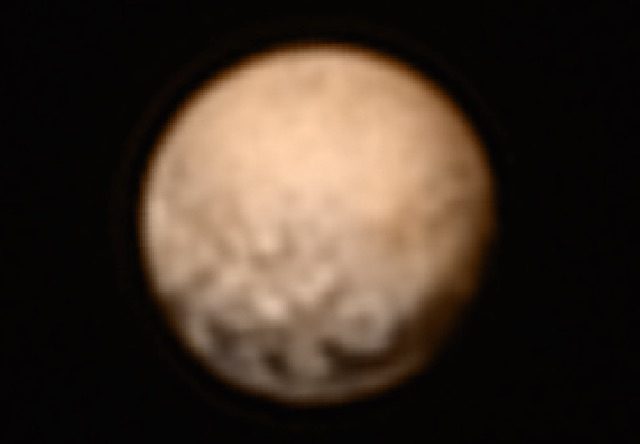SUMMARY
This is AI generated summarization, which may have errors. For context, always refer to the full article.

MIAMI, USA – NASA briefly lost touch this weekend with an unmanned spacecraft on its way to a historic encounter with Pluto, but the US space agency said Monday, July 6, the glitch has been fixed.
The communications blackout on Saturday, July 4, lasted nearly an hour and half, and perplexed scientists as they tried to figure out what had gone wrong aboard the New Horizons spacecraft nearly 3 billion miles (4.8 billion kilometers) from Earth.
The $700 million mission is being closely watched by space enthusiasts because the spacecraft’s flyby of Pluto on July 14 will offer the world’s first close look at the distant dwarf planet.
Alan Stern, principal investigator for New Horizons, said two and a half days of science were lost – half Saturday, all day Sunday, July 5, and Monday.
The loss amounted to 6% of the total number of observations the spacecraft is collecting during its 9-year mission.
“This is a speed bump, in terms of the total return that we expect from this flyby,” Stern told reporters.
The spacecraft was pre-programmed to switch from its main to a backup computer in the event of such a problem, which engineers described as akin to a computer crashing.
“The autopilot placed the spacecraft in ‘safe mode,’ and commanded the backup computer to reinitiate communication with Earth,” NASA said.
“New Horizons then began to transmit telemetry to help engineers diagnose the problem.”
No hardware or software problems were found.
Instead, the diagnosis was “a hard-to-detect timing flaw in the spacecraft command sequence that occurred during an operation to prepare for the close flyby,” the US space agency said on its website.
The spacecraft is now “healthy” again, Stern said, and is on track to resume collecting data on Tuesday.
Pluto was long considered the ninth planet in the solar system, and the farthest from the sun. It was reclassified as a dwarf planet in 2006. – Rappler.com
Add a comment
How does this make you feel?
There are no comments yet. Add your comment to start the conversation.